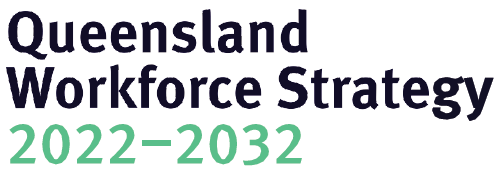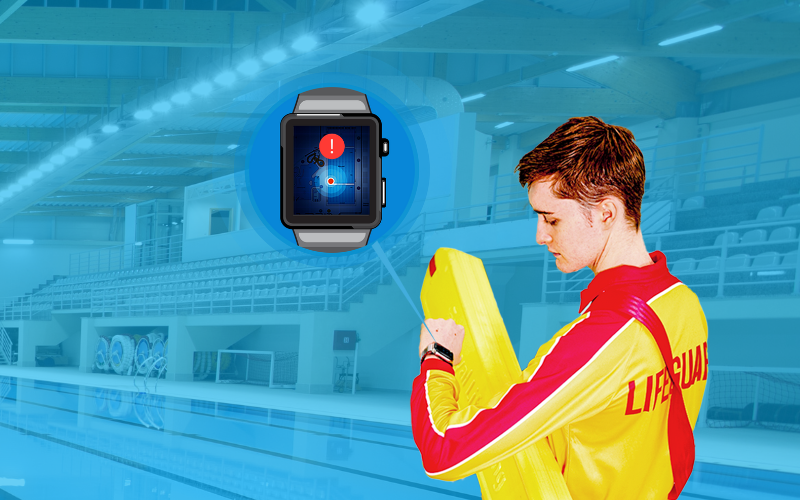Advancing Aquatic Safety: Supporting the use of AI-Enhanced Drowning Detection Systems
In recent years, artificial intelligence (AI) has transformed various industries, and the aquatic sector is no exception. AI-enhanced drowning detection systems are now emerging as an innovative tool to improve aquatic safety in facilities across Australia. These advanced systems use strategically placed cameras, sensors and AI algorithms to monitor pools, identifying potential drowning incidents and alerting lifeguards in real time.
Recent research has found that delayed drowning detection occurs when lifeguard/patron ratios exceed 1:75*. By integrating these new technologies, aquatic facilities can support the capabilities of lifeguards and strengthen supervision systems. This provides an additional layer of safety, that helps to prevent incidents and potential tragedies.
These AI drowning detection systems are designed to identify unusual movement, patterns or behaviours, which indicate distress in the water, alerting lifeguards via a smartwatch or alarm system and enabling them to intervene swiftly. This can be particularly helpful in busy environments where lifeguards are monitoring visually cluttered scenes and processing large amounts of stimuli for sustained periods.
Royal Life Saving – Australia is conducting a survey to better understand how to safely and effectively incorporate AI-enhanced drowning detection systems into current supervision frameworks, plans and protocols. As these technologies gain traction, we aim to identify the support needed for the industry to maximise a safe and positive impact. This survey will gather feedback on current knowledge, perceived benefits, challenges, and the training required to successfully implement these systems in aquatic environments.
Click here to participate in the survey and contribute to the future of aquatic safety.
For more information on AI-enhanced drowning detection systems, visit our website or contact us at: info@rlssa.org.au.
*(Araiza-Alba, Matthews, Foster & Kaufman 2023)
Powered by the Queensland Government’s Queensland Workforce Strategy 2022–2032.





